With netball beginning to return to pre-COVID normal, it is important that as coaches we are aware of some simple guidelines and processes when returning to coaching.
The immediate thought for many coaches is to get back to regular session lengths, number of sessions and training styles (contesting, intensity, movements). Since most community sport ceased for a majority of 2020, the bodies of our athletes have changed and need to regain their muscle
memory due to the different types of training/activities they have been able to do. Our athletes need time to re-adjust and re-load on court and in team environments. Overall, the message is simple: we need to stage the comeback of the athletes to netball.
Before you attend training, there are a couple of things to remember:
• Make sure your accreditation is current: https://vic.netball.com.au/updating-youraccreditation
• Ensure you have paid your Netball Victoria membership: https://vic.netball.com.au/howregister-0
Below is a weekly guide to assist your athletes back to full training.
Weeks 1-2:
• Length: 45 minutes to 1 hour. Whilst Netball Victoria has some guidelines on the length of trainings (link below), it is imperative that you do not shorten your warmup or cool down – rather shorten the mid-section of training.
• Focus: Expose the muscles to the movements performed on court at a low load. Focus on form rather than pace or intensity. The knee program is a great resource and can be accessed via the link below. Get a ball in their hands and get them passing to each other.
• Contesting: 10-15 minutes. The athletes will need to re-train their bodies to perform the
skills of netball to the same standard they were before netball ceased, so allow time to do that without added pressure from an opponent.
Weeks 3-4:
• Length: 1 hour to 1 hour 30 minutes.
• Focus: Try to add in reaction-based drills where they must read space or execute timing, rather than just doing patterned ball work. You should be focused on increasing the intensity of the skills and drills you are doing.
• Contesting: 15-30 minutes. Do not be afraid to remove an opponent if an athlete is finding contesting too challenging.
Weeks 5-6:
• Length: 1 hour 30 minutes to 2 hours.
• Focus: Increase the challenges placed on our athletes when executing skills and strategies (e.g. defensive pressure, problem solving, working under fatigue). Implement match simulations here (e.g. half court, live ball scenarios etc.).
• Contesting: 30 minutes to 1 hour.
Things to look out for:
Be considerate with the athletes’ passing, shooting, timings and reading space, acknowledging they will be a bit ‘off’ after so much time spent away from the court. They will not be the same athletes as when they left and that is to be expected. Start with basic skills working through the 7-steps of
progression (the foundation and development coaching manuals are a handy resource for how to progress skills) and progress from there.
Be aware of any warning signs that your athlete might not be coping with the amount/kind of training they are performing. It is not just physical fatigue or strain that we are looking for, but mental and emotional as well.
Signs to be wary of:
• Soreness/tightness – particularly in the lower limbs and shoulders.
• Tiredness
• Flat mood
• Impatience and irritability – this may be difficult to judge, as they will be rusty and may become agitated that they are not at the same level as when they stopped face to face netball. Things such as “I am better than this” may be heard if this is the case.
Key tips for success:
• Create a culture where the athlete is comfortable to speak up if they have a concern about injury or mental related issues.
• Check in with your athletes in a one-on-one environment. Getting involved in idle chat with them is important so we can find out more about how they are going. Obviously, that needs to happen outside of training time (remember get in, train, get out).
• Try to ask the athletes about their mood and thoughts rather than the standard ‘How are you feeling?’. This will encourage more conversation rather than a shortened answer.
• Be aware that some athletes may not give you the correct information (e.g. having sore quads) for fear of being sat out of a session. Be vigilant and check in with your athletes.
• If you have not already, it is important to educate your athletes on recovery (please see link below).
• Be mindful of your athlete’s total time on court and not just when they are active.
• The most important factors in their recovery are sleep, hydration, diet, stretching/foam rolling and rest.
• Only arrive when required and leave straight after your training/game.
• And most importantly – take the time to return to ‘normal’ trainings and enjoy being back on court with your teams!


